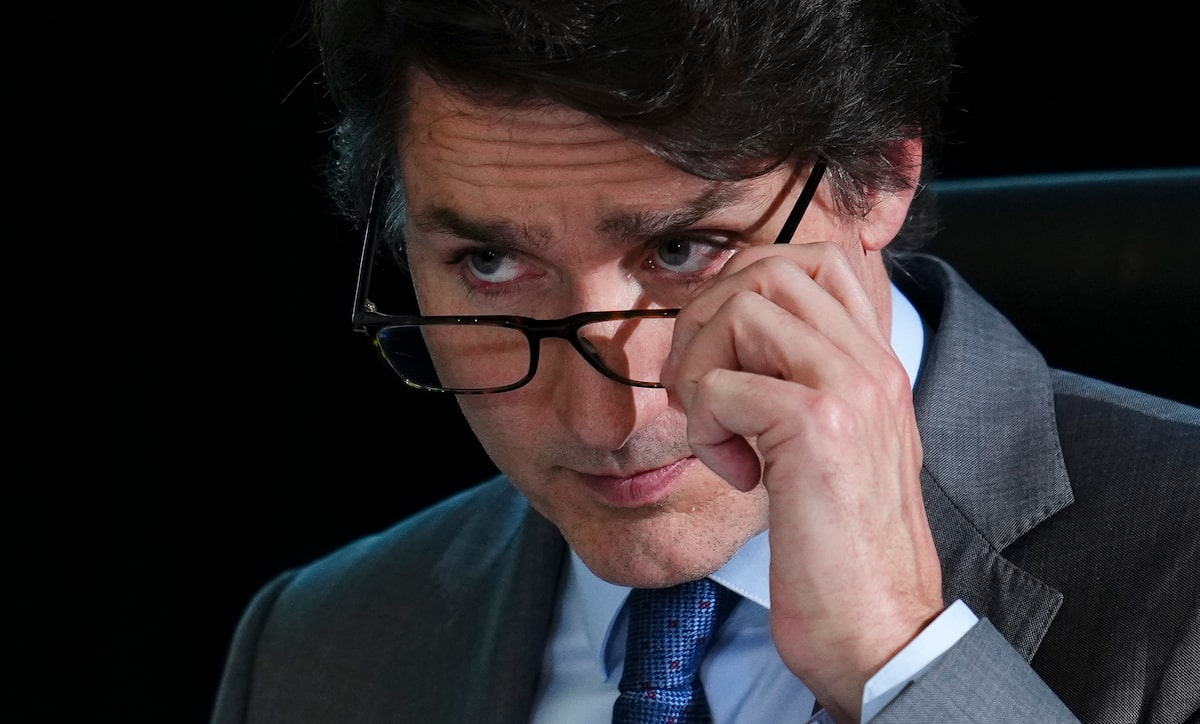Foreign interference: Who knew what when? You’ll have to wait until the inquiry’s final report

Given an impossibly short deadline to complete the initial report of the public inquiry on foreign interference in federal elections – just two weeks from the close of hearings to publication – Justice Marie-Josée Hogue has elected to punt on some of the key questions she was expected to address until her final report at the end of the year.
That, at least, must be the hope. This first instalment is, perhaps understandably, largely a “what we heard” exercise, summarizing the evidence while for the most part withholding judgment on what it all means.
It is a damning document all the same, for the conclusions she does reach, which may now seem so obvious as to be barely worth mentioning, were until recently hotly contested.
Thus Justice Hogue finds, inter alia, confirming intelligence reports:
- that foreign interference was pervasive in both of the last elections;
- that China was by far the largest actor;
- that although the overall election result was in each case unaffected (a question that was never in doubt), it may have been enough to affect the results in some individual ridings, and certainly to influence the electoral “ecosystem”;
- that the 2019 nomination race in Don Valley North, a safe Liberal riding, may have been decided by Chinese interference, in the process deciding who would be its MP;
- that in 2021 Conservative MPs Kenny Chiu and Erin O’Toole, and NDP MP Jenny Kwan, were the victims of disinformation campaigns, probably at Beijing’s instigation.
On much else, however, the judge reaches only the most tentative conclusions, notably on two issues she was directed to examine, under the inquiry’s terms of reference, in her first report: “the flow of information” to and between “senior decision-makers, including elected officials,” and “actions taken in response.”
Certainly there is much in the report to suggest that the two-sided Plan to Protect Canadian Democracy established prior to the 2019 election – the first, to assess the intelligence on foreign interference; the second to alert the public, if necessary – did not work as well as it might.
The latter in particular, assigned to a panel of five senior civil servants under the Critical Election Incident Public Protocol, suffered from a very uncertain mandate, which the panelists appeared to define on the fly.
In fairness, the panel had only just been established. And there are legitimate questions as to what is the appropriate threshold for notifying the public. Too low, and you risk needlessly casting the integrity of the electoral process into doubt. Too high, and you risk looking like you’re covering up.
But whether or not the public needed to be alerted, why could there not have been some private warning given to those most directly affected? The MPs targeted by China’s disinformation campaigns were never told until long after. Neither was Conservative MP Michael Chong, the target of Chinese intimidation efforts.
Contrast that sluggishness, when it came to opposition MPs, with the alacrity with which disinformation about Justin Trudeau was run to the ground: One call from the Prime Minister’s Office to Facebook, in the middle of the 2019 election campaign, and a post was deleted. Which raises its own troubling questions.
More troubling still are the questions that continue to swirl around the Prime Minister’s handling of the Don Valley North nomination. There is no longer any doubt that he was told of the intelligence service’s “well-grounded suspicion” of China’s involvement. Neither is there any doubt that he chose to do nothing about it.
Moreover, according to Justice Hogue, one of the reasons the Prime Minister gave her for not intervening, in testimony behind closed doors, was that it “would have direct electoral consequences as the LPC expected to win” the riding. Yet she is unable to draw any conclusions about his failure to take action at the time, or about what, if any, follow-up there has been since. (“I am not certain what steps were taken.”)
Perhaps that is yet to come. The judge is at pains to declare that the various questions assigned her under the inquiry’s terms of reference “are not watertight compartments,” that her work “on this part of my mandate cannot and will not end on 3 May 2024,” and that “my Final Report will have my complete set of conclusions and recommendations about these issues.”
Very well. But in that case what is the basis for her declaration, on the very last page of her initial report, that “the evidence I have heard to date does not demonstrate bad faith on anyone’s part, or that information was deliberately and improperly withheld”?
Maybe she’s right. Maybe it’s merely, as she suggests, that “on some occasions, information related to foreign interference did not reach its intended recipient, while on others the information was not properly understood by those who received it.” The cock-up theory of history is in most cases the correct one.
But surely these are among the questions that, in her estimation, “require further study before I can make definitive recommendations.”
